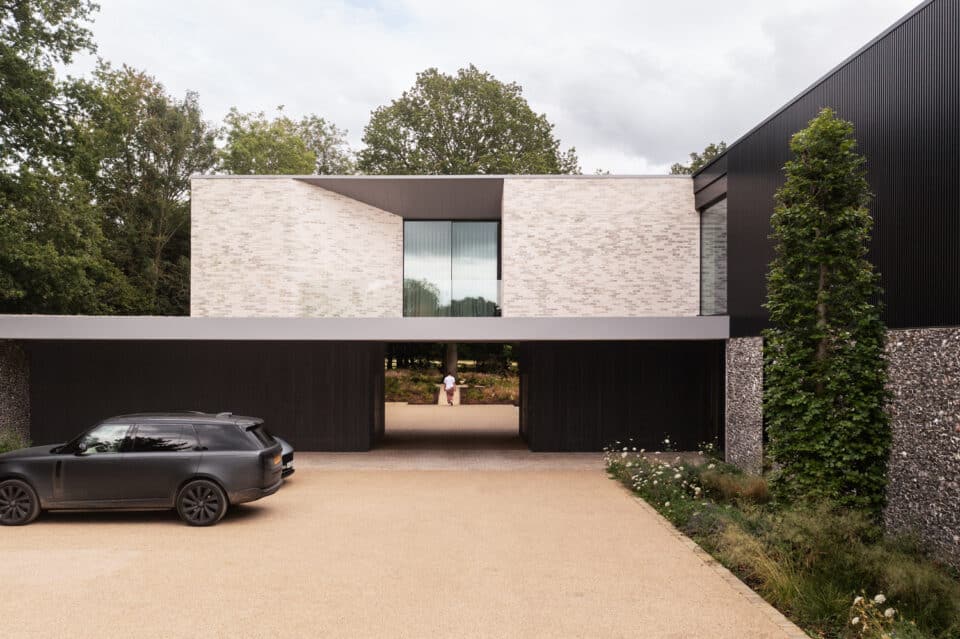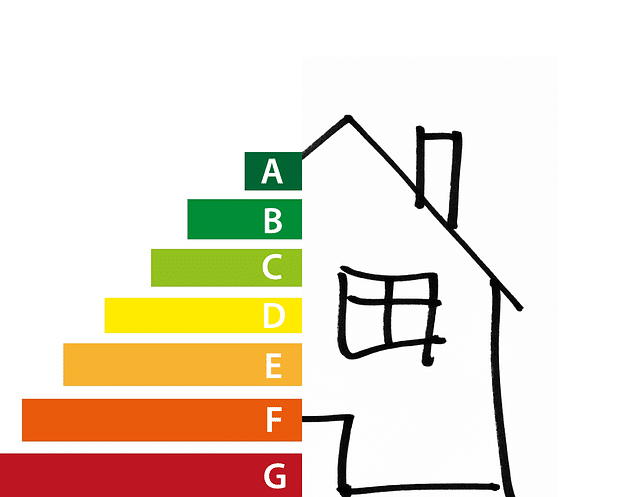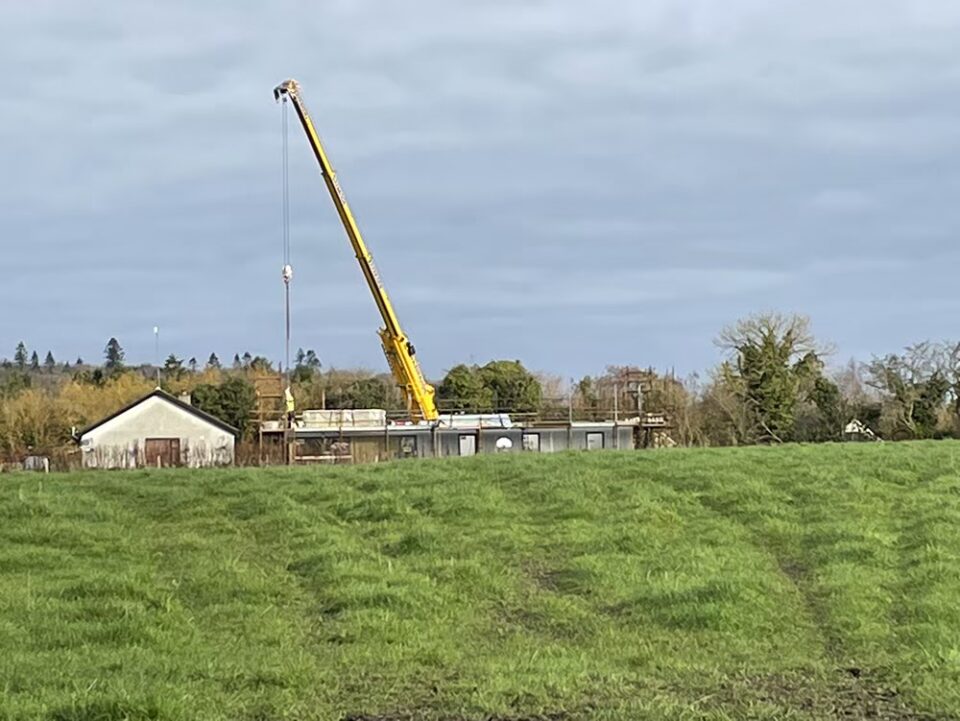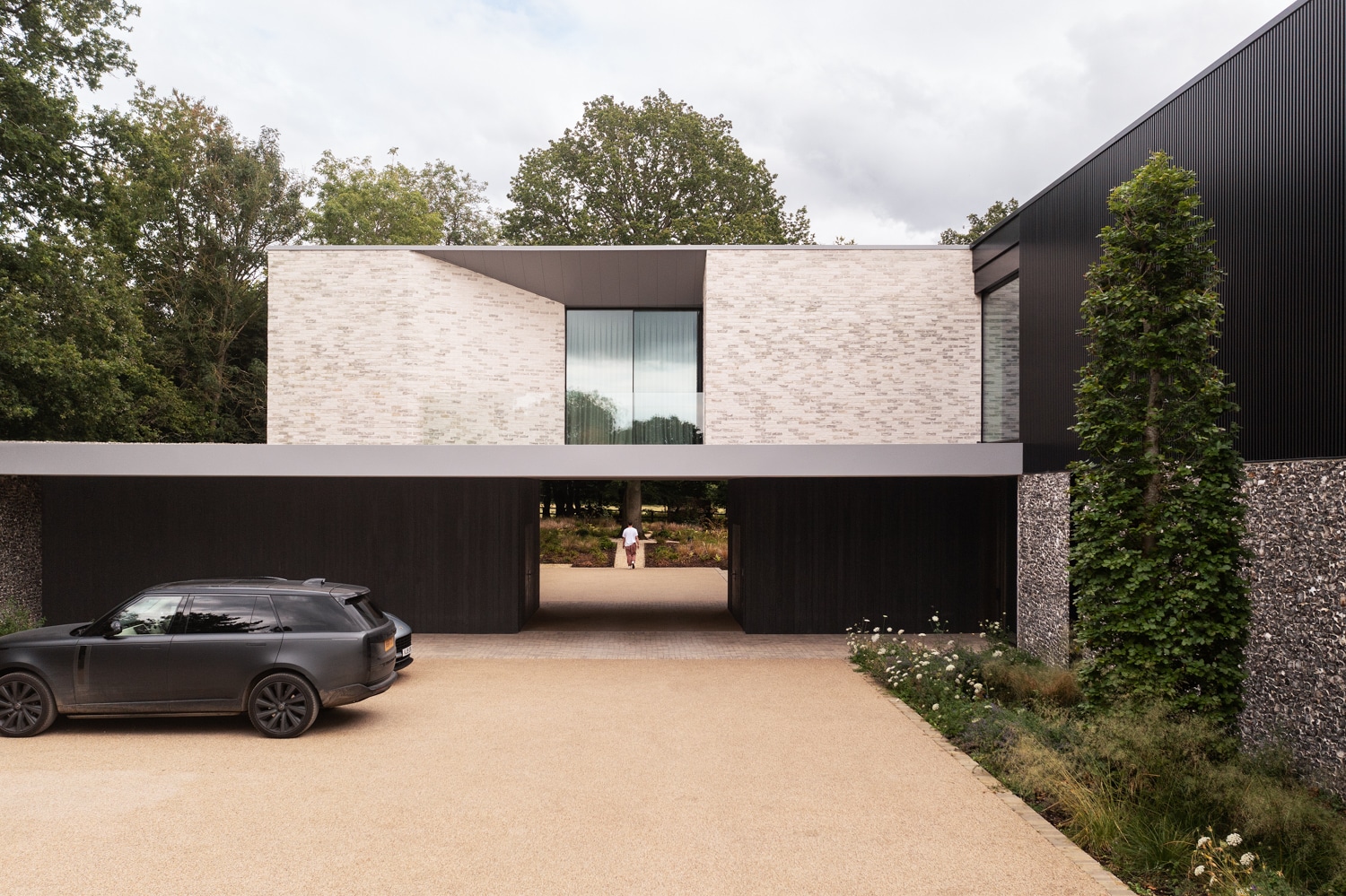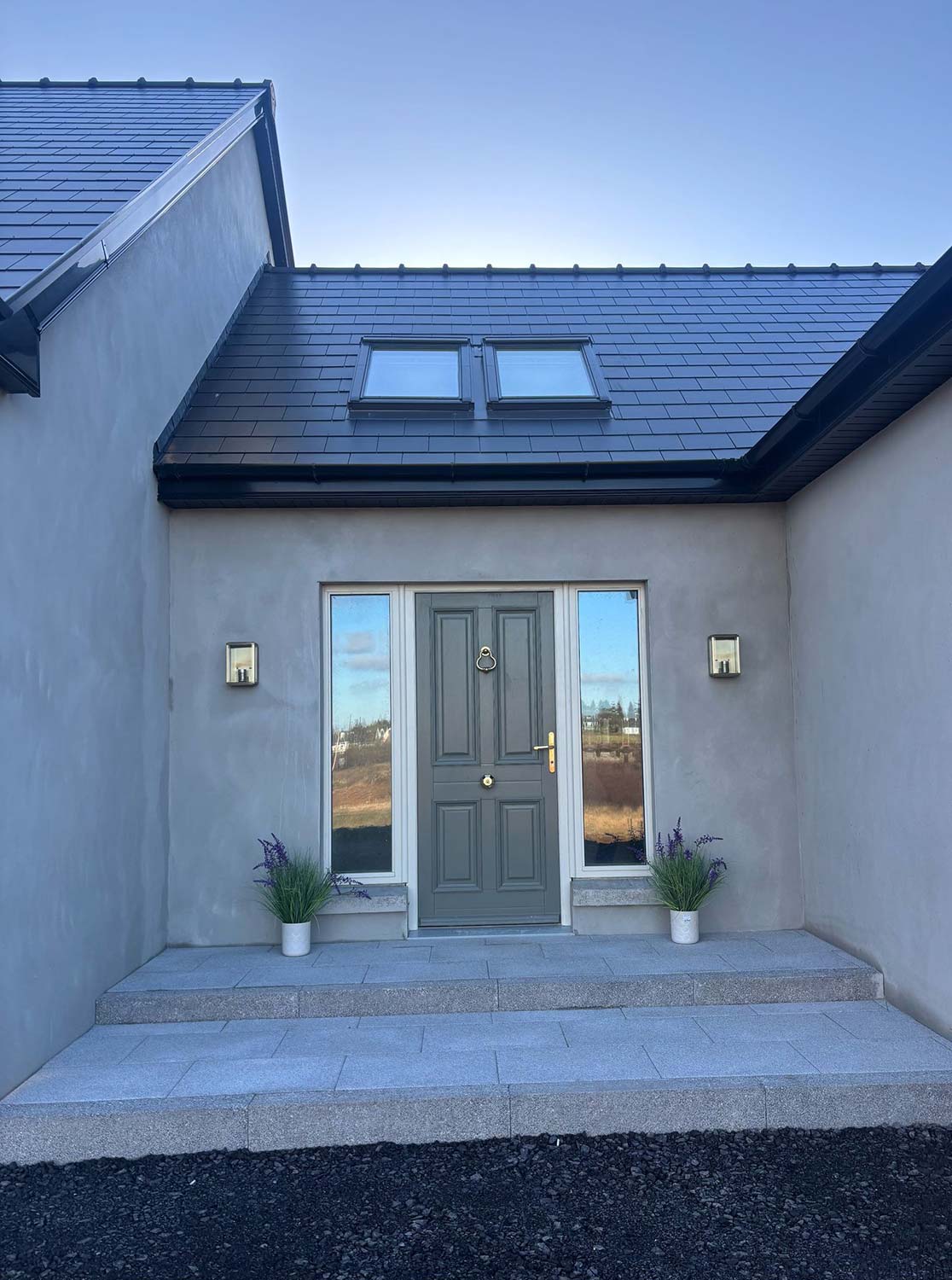In this article we cover:
- New coalition government’s cautious approach
- Lack of mention of development waivers
- First Home Scheme extended to secondhand homes
- Push for self-builders to build with timber frame
- Plans to increase availability of serviced sites
- Water infrastructure improvements
- Support for home improvers
- Enhanced energy retrofit incentives: potential for battery grants
The new Programme for Government takes a cautious approach towards helping self builders and home improvers, focusing on protecting and expanding existing supports rather than introducing bold new initiatives.
While schemes such as Help to Buy, the First Home Scheme and energy retrofit grants are set to continue with minor updates, the lack of substantial new measures is apparent.
A major blow to self-builders is the omission of any extension (or any reference at all) to the development levy waiver, which has been a key cost-saving measure. Without this waiver, self-builders now face potentially thousands of euros in additional costs.
The development levy is the tax local authorities charges self-builders who’ve received planning permission; this can run in the thousands of euros. See full details of how much each county charges here.
The waiver on paying the connection fee for both water and wastewater saved self-builders at least €6,000.
These waivers are no long available to self-builders, or developers. Selfbuild has been campaigning to axe the fees for self-builders only.
Instead, the new coalition government’s housing strategy centres on incremental improvements to existing schemes, such as streamlining grant processes, expanding refurbishment incentives and promoting energy efficiency. Here’s a summary of measures that directly benefit self-builders and home improvers:
Supports for self-built homes
One-off rural housing remains a priority, with continued backing provided through the Help to Buy Scheme or HTB (€30,000 in tax back to help you put down your deposit on your mortgage) and the First Home Scheme (shared equity scheme that can fund up to 20 per cent of build costs if you avail of HTB, or 30 per cent without HTB, which has to be paid back – no interest charged the first five years) extended to 2030.
The First Home Scheme has been expanded to include first-time buyers of secondhand homes.
Local Authorities will also be pressed to make serviced sites in rural towns and villages more available to self builders. Under the Ready to Build Scheme, every year, local councils will develop plots suitable for 3–10 houses in at least three locations within their administrative areas. This is funded by the Croí Cónaithe (Towns) Fund
Addressing water infrastructure issues remains a key focus, with ongoing support for group water schemes and private well grants. Additionally, the rollout of the Special Rural Water Investment Scheme — also known as the Unsewered Villages Scheme—aims to tackle long-standing issues in areas lacking adequate wastewater infrastructure.
The Local Authority Home Loan scheme will undergo significant changes, including the creation of a centralised administration point and adjustments to loan limits to reflect rising house prices. An expansion of the scheme to assist mortgage holders with non-bank lenders is also under consideration.
Alongside these measures, the government is promoting Modern Methods of Construction (MMC) to speed up housing delivery and improve sustainability. A dedicated fund will support MMC. The initiative also includes a push for timber frame in new builds, as part of the government’s broader environmental goals.
Supports for home improvers
The vacant and derelict property refurbishment grants will be extended to 2030. These grants, funded by the Croí Cónaithe (Towns) Fund, will undergo regular reviews.
According to the latest available statistics, over 10,000 applications for Vacant Property Refurbishment grants were submitted in 2024. Of these, 6,700 were approved and 867 grants were issued on completion of works.
The government has committed to ensuring every local authority has an expanded vacant property team in place to improve access to support. It will continue the Local Authority Home Loan bridging finance to support the use of the grants, and will roll out a new Local Authority Mortgage for vacant properties.
A new ‘Above the Shop’ Living Refurbishment Grant will be launched to convert vacant spaces above retail premises into residential use. Recognising the additional complexity involved in such projects, the scheme will provide extra funding, alongside pilot incentives like commercial rates reductions for property owners.
The cost of infrastructure upgrades has also been flagged as a barrier to bringing derelict homes back into use. To tackle this, the programme includes a proposal to “credit existing water and wastewater connections” in the calculation of new connection charges.
Home energy retrofit plans
Targets for retrofitting homes to a B2 energy rating or equivalent will increase significantly between 2026 and 2030, with a focus on low-income households.
Revised grants and financing models are on the cards to help more homeowners afford upgrades, particularly older people who may face financial or logistical barriers. Community-driven initiatives are also being supported, with group retrofitting schemes allowing neighbours to collaborate on upgrades and share costs.
Low-interest loans for energy improvements will remain available under the €500 million Home Energy Upgrade Loan Scheme, covering upgrades costing between €5,000 and €75,000. Measures to move older homes off oil-based heating systems are also being pushed, with sustainable biofuels promoted as a short-term alternative for homes unable to undergo immediate retrofits.
The programme hints at further incentives for renewable energy adoption, such as grants for solar storage batteries. The Sustainable Energy Authority of Ireland (SEAI) grants for batteries were axed in 2022.
These would allow homeowners to store power for later use, such as charging electric vehicles during off-peak times.


